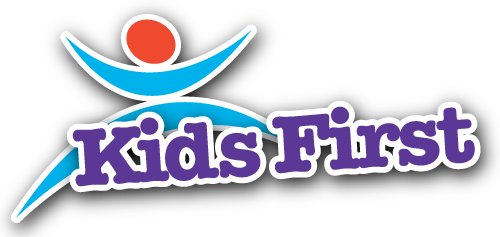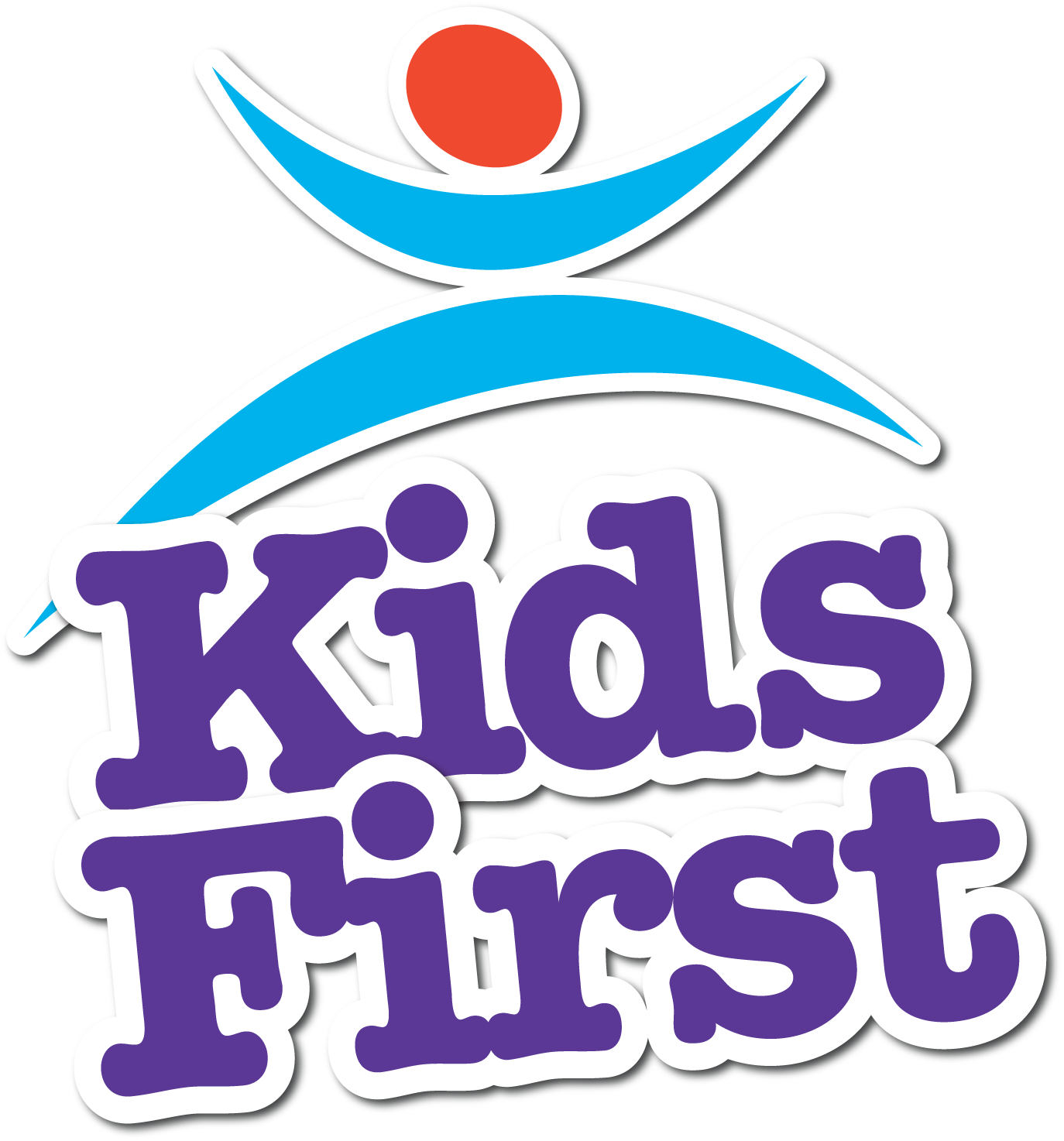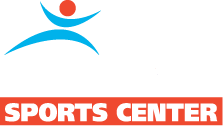Join Ninja Connect 2025
Corey Tucker • February 7, 2025
Experience Epic Ninja Training in 2025
Level up your skills with NinjaConnect's 2025! The Ninja Conference for owners, staff and leaders to connect and build up The Ninja Community. Get ready to take your business to the next level.
WE WOULD LOVE TO HEAR YOUR THOUGHTS...
SHARE THE LOVE...
THERE'S MORE FROM KIDS FIRST...
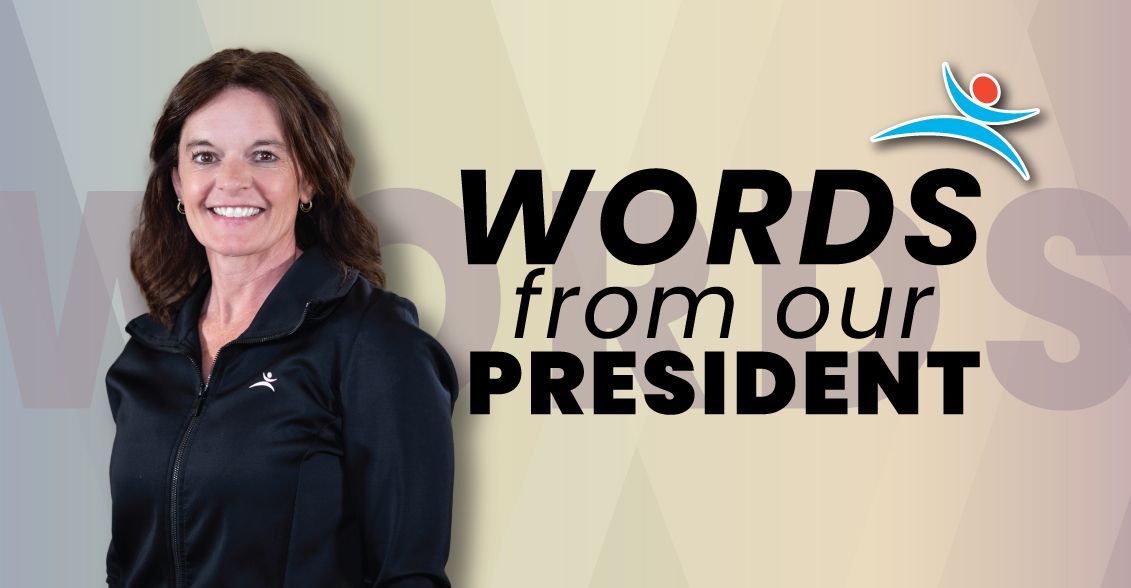
Dear Kids First Families, This summer, I had the incredible opportunity to travel to Australia with our Company Founder, Jeff Metzger, and Casey Campbell, our current VP of Operations (formerly Tumble Bees Department Leader). The three of us attended 5 days of conferences, spoke to an international audience, and heard story after story of how the Kids First model has impacted our industry worldwide. What we do inside the walls of Kids First is unique and meaningful; and while other organizations dedicate themselves to replicating it, its our purpose, our Kids First Principles, and our people that make it special. So what makes us unique? For us, the greatest measure of our impact is not the success of the athletes who pass through our doors, but the connections we make with our students and the trust that brings them, and their families, back year after year. Kids First has become a community built on the promise that every child, and their family, will be treated like our own family. From infants exploring movement with their parents, to toddlers swimming and tumbling through their first steps, to school-age kids finding their rhythm and teens growing into their next chapters—we meet kids right where they are, with care and dedication. We are always working to be a little better for you and your child. Kids First is deeply rooted in our 53 years of history and the generations of families who have grown with us. My own children began as Baby Bees and athletes in our programs, and today they are full-time coaches and leaders, guiding the next generation. This same cycle lives throughout our Kids First community—year after year families continue to trust us to teach their children, our former athletes are now coaching, longtime staff members see their own children join our employment team, and former students bring their own children (and grandchildren) to our programs. Perhaps the most remarkable example is Mary Chin’s journey. Mary began with us as a Department Leader over four decades ago and remains a valuable member of our Hospitality Team. She has watched her children and grandchildren grow up at Queen City Gymnastics/Kids First, and today, her daughter and two of her grandchildren are part of our Kids First staff. These generational connections are at the heart of who we are, and they remind us that Kids First is more than a business—it’s a family, and a legacy built together. For over 50 years, we have been dedicated to doing good things for kids, one student at a time— for decades more, we will remain committed deeply to that same high goal. To every family who trusts us to play a role in your child's development, whether it’s your very first class or you’re returning with the next generation, we are deeply grateful. Thank you for making Kids First part of your family’s journey. Gratefully, Jen --- JENNIFER EVANS President Kids First Sports Center 7900 E Kemper Rd | Cincinnati, OH 45249
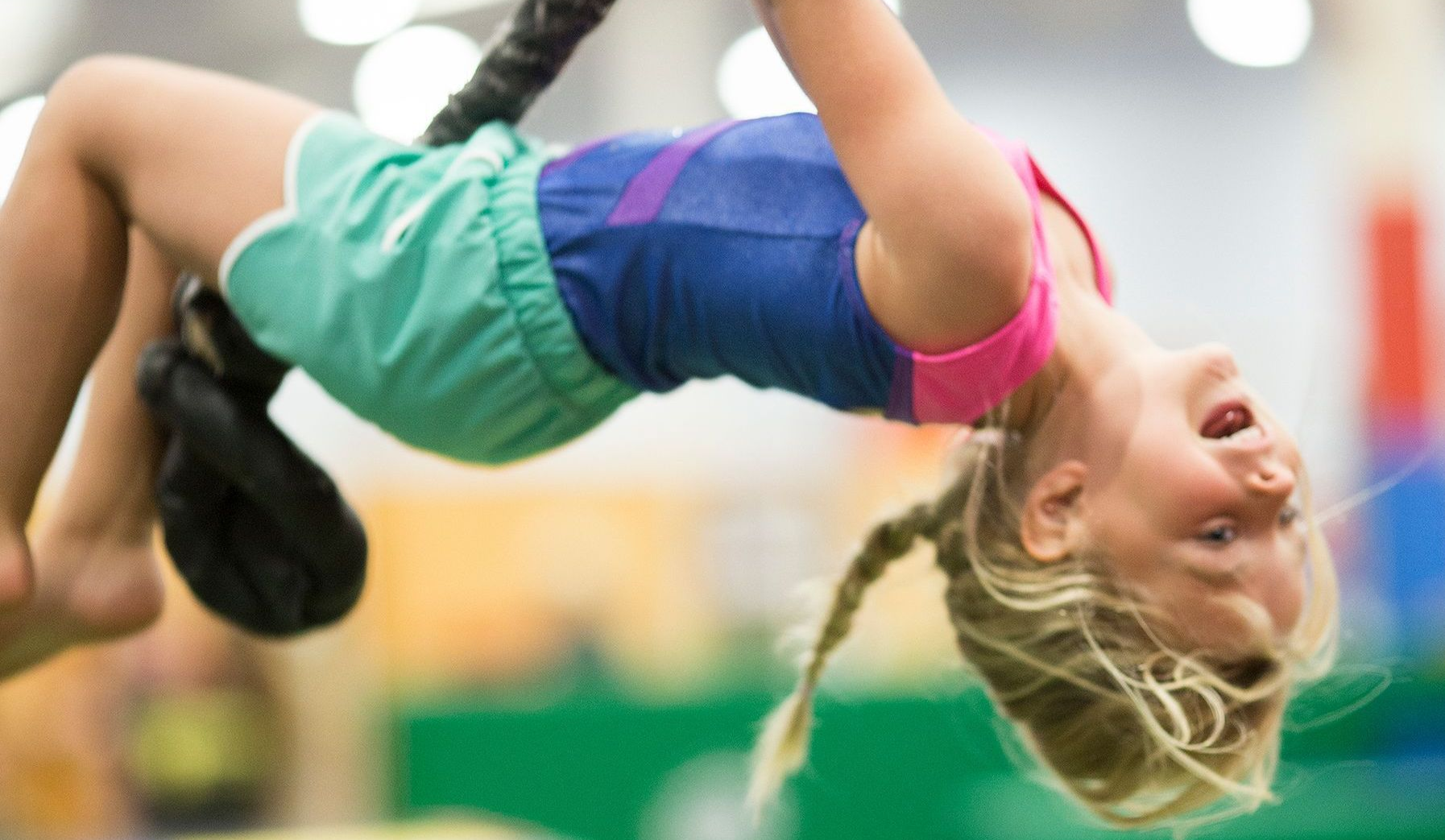
Did you know that play is critical for a child's growth and development? In fact, the United Nations recognizes it as a right for every child! (Ginsburg, 2007). When you play with your child, it boosts their self-esteem, helps them learn about the world, teaches them new skills, and strengthens the bond between you two. Getting involved in playtime with your child is a great way to help them feel good about themselves. However, we encourage you to allow your child take the lead during playtime. Doing this allows your child to gain so many social and emotional benefits! When you allow your child to direct play, they go at their own speed, make choices, and figure out what they really enjoy. Studies also show that when kids get to direct their own play, it helps them with self-control, managing their emotions, and feeling good about who they are. However, when adults take over the playtime, some of those benefits—like building leadership and creativity—can slip away (Ginsburg, 2007). Playtime is also key for brain development. It’s how little ones start to connect with their surroundings. As they explore and tackle challenges, they pick up new skills and build confidence and resilience, which are super important for facing life's ups and downs. Plus, having consistent and loving interactions with parents during playtime really helps their development. Simply put, playing together makes your bond with your child even stronger! And guess what? Playing with your child is good for you too! Research shows that when parents join in on the fun, they release oxytocin, the "trust hormone." This helps build relationships and can even reduce stress, lower blood pressure, and ease anxiety (Dewar, 2019). So, playtime is a win-win for you both! And, maybe you already engage regularly in play with your child but are looking for opportunities to encourage their independence! Open Play at Tumble Bees is a safe and easy way to help foster that within your child. During Open Play, our Tumble Bees teachers monitor the gym space so that you can send your little through the gate for an hour of independent fun while you relax knowing your child is free to explore and engage with other children their age!
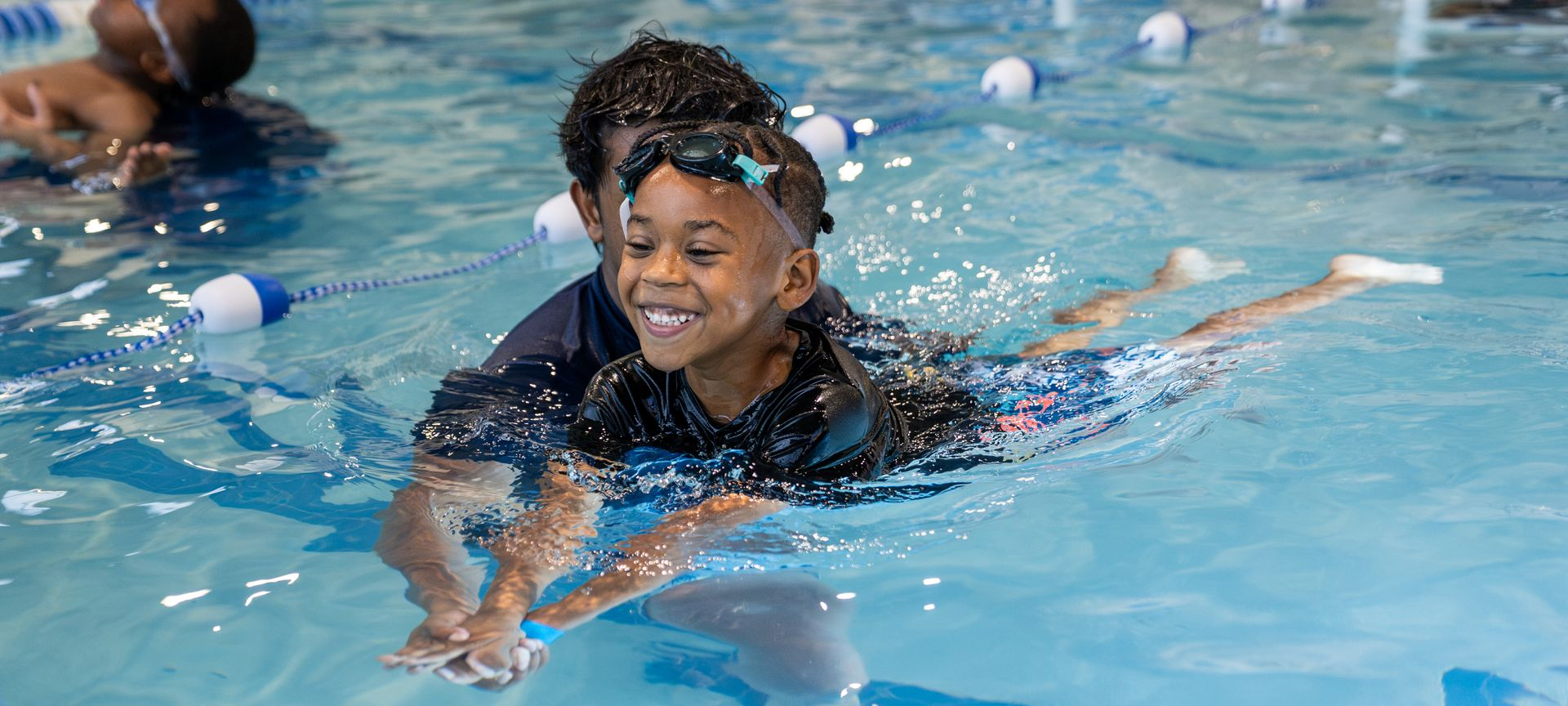
When it comes to our Kids First kids, every employee at Kids First Sports Center believes what gets praised gets repeated. A parent/teacher/coach's attention is a form of reward to a child who is seeking attention; positive attention is a strong incentive to repeat praised behavior. Praising the process or positive behavior can be as valuable as praising the result. Here are 5 compliments you might hear from our teachers and coaches on the floor during your child's practice or class! These are also phrases you can adapt to using at home to help encourage your child. "You worked really hard on that!" Praise the effort! Focusing on a child's effort recognizes what they put into it instead of what others decide is noteworthy. It helps children to stay focused on the process, and not the end result, which isn't always what they want it to be. "I appreciate how patiently you waited for your turn!" Patience is HARD for children and adolescents (adults too!) We find focusing on your child's character traits is much better than outward appearances — and it can encourage a child to cultivate those positive characteristics. Compliments like these put the emphasis on things that a child has some control over rather than things he or she doesn't. "You were being a caring friend when she was crying and you gave her a hug." Be very specific when praising your child so they understand which thoughts, qualities, or actions are connected to your praise. For example, telling your child exactly which action of theirs was caring is more effective than saying "You're a good friend," even if the intent is the same with both statements. Specific compliments like these help your child to feel empowered that they have positive qualities that others notice and admire. It's a simple but powerful way to help them feel more self-assured and resilient. "I believe in you." It can be hard to be a kid. Your goals and ambitions don't always match up to your abilities, and there are a lot of new things you have to learn. Your child may get frustrated during class when learning a new skill or trying new equipment that they aren't yet comfortable with! By reminding them that we are confident in their capabilities , it helps them to feel loved, supported and encouraged to do their best! "I can see you've been practicing your cartwheel!" Whether or not your child possesses innate ability in tumbling, we can praise the effort they put into it! Anytime we see your child make progress, try something new, try something they find challenging, we let them know we see it! We think it is so important to remind our athletes that we recognize any extra effort to work towards a goal no matter how big or small. We want them to know that often the best way to learn is through the work it took to get there!
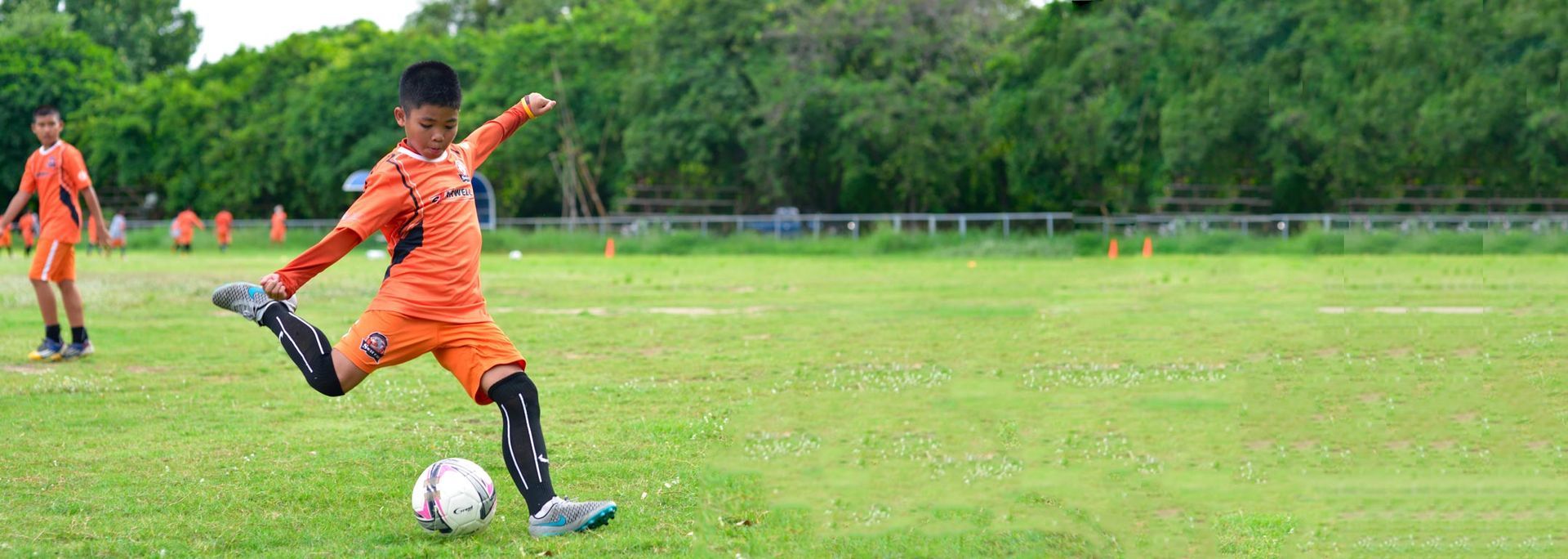
Gymnastics and Tumbling classes can significantly benefit your child's performance in other sports by improving their core physical abilities like flexibility, balance, coordination, agility, and body awareness. These ability are are crucial for performing well in a wide range of athletic activities, allowing them to move more freely and potentially reducing the risk of injury. The skills developed in gymnastics and tumbling essentially act as a foundational training program for various sports. Key benefits of tumbling for other sports: Enhanced Flexibility: Tumbling exercises like splits, stretches, and back bends improve overall flexibility, which can be beneficial for quick movements, absorbing impact, and preventing muscle pulls in other sports like soccer, basketball, or gymnastics. Improved Coordination and Balance: Skills like cartwheels, handstands, and somersaults helps children develop better spatial awareness and control over their body movements, leading to better coordination on the field or court. Increased Agility: The dynamic movements we practiced in Gym Jam and Tumble Bees train the body to quickly shift direction and change posture, which is crucial for agility in sports like tennis, hockey, and field hockey. Strength Development: Every class engages various muscle groups, building core strength and stability, which is essential for power and endurance in most sports. Mental Focus and Discipline: Learning tumbling skills often requires concentration and practice, which can translate to improved focus and mental discipline during other athletic activities. Examples of how tumbling can benefit specific sports: Soccer: Improved agility to quickly change direction while dribbling, better balance to maintain control of the ball. Basketball: Enhanced jumping ability and coordination for dunking and rebounding, better body control for quick changes in direction. Volleyball: Improved jumping and landing techniques for powerful spikes and better reaction time to the ball. Track and Field: Increased flexibility for improved running form and better ability to recover from falls.
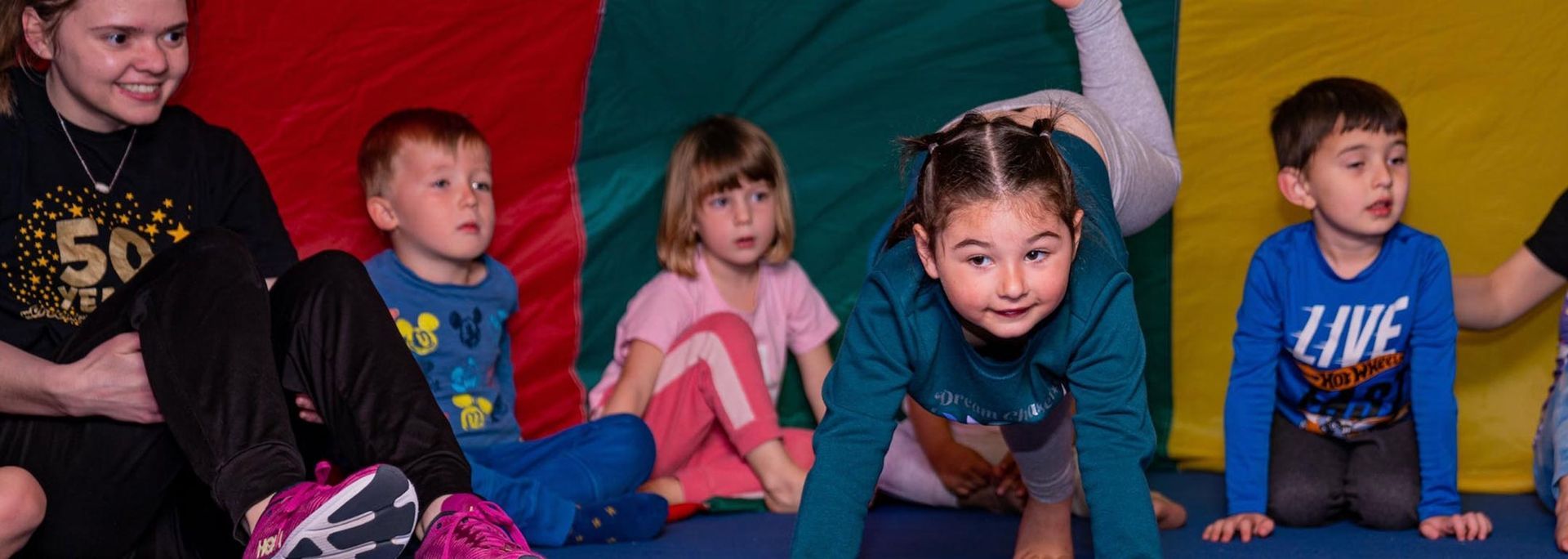
Did you know that core strength is the foundation for typical movement patterns and achievement of age-appropriate gross motor milestones for all children? The progression of your child's motor skills from simple tasks to ones that are more complex relies heavily on their core strength! Weak core muscles can present in your child in a variety of different ways. In infancy, tasks such as tolerating tummy time, rolling, crawling on hands and knees, sitting up unsupported, pulling to stand, and independently cruising and walking, all would be challenging for those with weak core muscles. As your child's caregiver, it is important to look out for and address any weakness or muscular imbalance to avoid potential delays in your child's gross motor development and to prevent any atypical movement patterns from developing. But what is your core and what does "core strength" mean? The word "core," as it relates to the body, refers not only to one's superficial abdominal muscles but also the muscles found in the back, shoulders, obliques, and deep core muscles including in the pelvic floor. Good core strength creates a stable base in the body improving balance, body awareness, and coordination. When children are given the tools to build proper core strength they have the foundation needed to develop complex gross motor skills like climbing stairs, skipping, jumping with two feet off the floor, and navigating obstacles. So, if lack of core strength can affect a child's gross motor development from a very young age, what does this mean for them as it pertains to fine motor skill development and school readiness? Children who lack of core strength may struggle to keep their bodies stable and upright while in a seated position (in a chair or on the floor). Children who lack the strength to sit for a period of time will also miss out on the development of their fine motor skills like picking up and manipulating small objects (eating, playing with blocks or puzzles), coloring and writing letters and numbers with control and accuracy or even cutting on a line with scissors. A child who is too weak to sit must direct their focus on keeping their body upright and still instead of on fine motor skill they should be practicing. The best way children build core strength is by participating in unstructured, spontaneous play. These days, kids are more likely to spend the majority of their day in front of a screen rather than getting out and participating in unstructured, spontaneous play. This lack of activity and movement leads to bodies and brains that don't receive the stimulation and input that physical play provides. Caregivers can also provide opportunities for their children to participate in classes like Tumble Bees. Group classes can be a fun way to introduce your child to a wide variety of physical challenges that can help them to not only build the physical strength and endurance they will need to be ready for school but also provides age appropriate social and emotional development (which also contribute to school readiness!) The more diverse and varied the movements are, the better a child can gain the strength needed for everyday tasks!

Dear Kids First Families, I hope you’re all surviving the end of school year hustle, field days, graduations, and vacation planning! As a parent myself-I often reflect on the journeys our children take, both the easy stretches and the more challenging ones. I want to take a moment to share some thoughts with you, not just as a leader of this organization, but as someone who truly understands the hopes, dreams, and worries that come with raising a child. Every week, I have the privilege of seeing your children walk through our doors-sometimes with big smiles, sometimes with nervous glances, and sometimes with determination in their eyes. I see the way you encourage them, the way you celebrate their victories, and the way you stand by them when things get tough. These moments remind me daily that struggle is not something to be feared, but something to be embraced. Whether your child is learning a new skill, making new friends, or working through a setback, these experiences are shaping them into resilient, compassionate, and capable individuals. I know it’s not always easy to watch our children struggle. It’s natural to want to step in and smooth the path for them. But every challenge they face-and every time they get back up-helps them build confidence and character that will last a lifetime. At Kids First, we are honored to walk alongside your family in these crucial developmental years. Our coaches and staff are here not only to teach skills, but to nurture perseverance and a love for learning. We celebrate every effort, every small step forward, and every lesson learned-because we know these are the moments that matter most. Thank you for trusting us with your child’s growth and for being such an important part of our Kids First community. If you ever want to share your child’s story, have questions, or just need a little encouragement, please know we are always here to listen, to talk, and to elevate your family’s Kids First experience. We are in this together, and together, we can help our kids become the very best versions of themselves, and give them the tools to develop into happy, healthy, responsible adults. Here at KF, we love hearing about your children’s journeys-please feel free to reply to this email or stop me (or any Kids First employee) in the hallway to share your stories or feedback! Gratefully, Jen --- JENNIFER EVANS President Kids First Sports Center 7900 E Kemper Rd | Cincinnati, OH 45249
